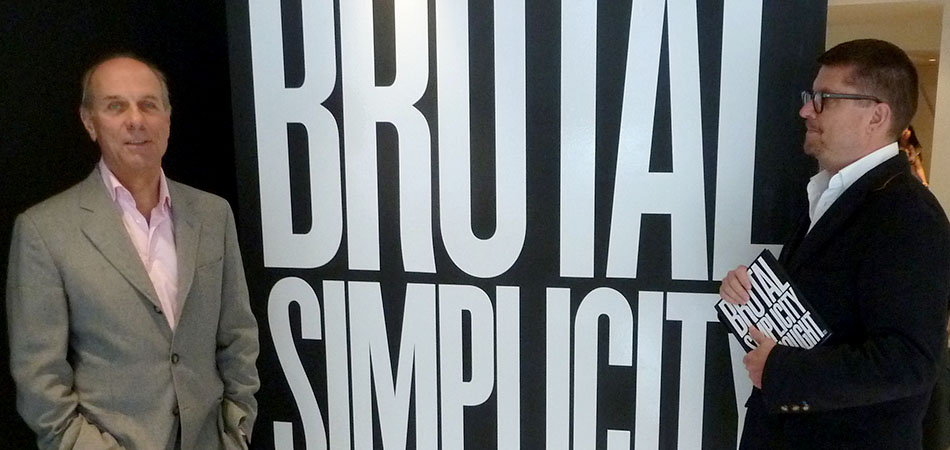
Girl maths in action – five ways brands can support women today
In a world where money matters brands have an opportunity to educate and support.
Founding Director of M&C Saatchi


Tom Holmes talks to Jeremy Sinclair, founding director of M&C Saatchi, about his new book 'Brutal Simplicity of Thought' and the success of the Saatchi brand.
Jeremy was one of the founders of Saatchi & Saatchi, he became chairman of the UK agency in 1982 and was appointed chairman of Saatchi & Saatchi International in 1986. He later became executive creative director of Saatchi & Saatchi Advertising Worldwide and Chairman of Saatchi & Saatchi plc.
M&C Saatchi is a global marketing services business working for clients across a wide variety of industry sectors. The Company was founded in 1995. Starting with a strong base in the UK and Australia, it has added new agencies and disciplines in Asia, USA and Europe, employing over 1,250 staff in 19 countries.
Jeremy Sinclair: Brutal Simplicity of Thought
Jeremy Sinclair: Over the years, in no particular order, Conservative Party, Silk Cut, Dixons, BA at times, Vogue.com launch, our Australian office’s ads for Rentlo, ANZ and Qantas.
Jeremy Sinclair: Not sure they are. The idea is to promote the clients.
Jeremy Sinclair: Difficult, there are bits of many that do good stuff.
Jeremy Sinclair: You’ve guessed it, BSOT
Jeremy Sinclair: Love it.
Jeremy Sinclair: Always and only do what you like.
Jeremy Sinclair: Like attracts like. We tend to get clients who like to think the way we do
Jeremy Sinclair: Starting Saatchi & Saatchi, then M&C Saatchi and the work that made Saatchi the brand that it is.
Jeremy Sinclair: Recently we were thrilled to see our first ever book in print. The company’s exhibition at the V&A last month was also great fun because again, it was our first.
Jeremy Sinclair: Same
Jeremy Sinclair: The rise of procurement. If I really thought that what we all do for a living could be bought like a sack of potatoes, I’d jack it in.
Jeremy Sinclair: The freedom and possibilities that the digital revolution has created. I am writing this for you from a thousand kilometres away, in the sun.
Jeremy Sinclair: Not sure it needs to be. We are supposed to be in the back room, noiselessly sweating away for our clients. How do you create the world’s most powerful nation?
Jeremy Sinclair: You are resting on wilting laurels.
Jeremy Sinclair: Almost, we can cover most places, but if there is any client requirement to be somewhere, we’re there like a shot. Equally, if there are people out there desperate to start something, they should call us.
Jeremy Sinclair: This network has been built almost entirely by backing start-ups. We find people who want to be us somewhere and back them. This way we attract people who are naturally entrepreneurial and want to run their own show. No one is here because they were bought. It is a marriage of love not convenience, not arranged or forced by money – although we hope everyone does very well out of it.
Looks like you need to create a Creativebrief account to perform this action.
Create account Sign inLooks like you need to create a Creativebrief account to perform this action.
Create account Sign in